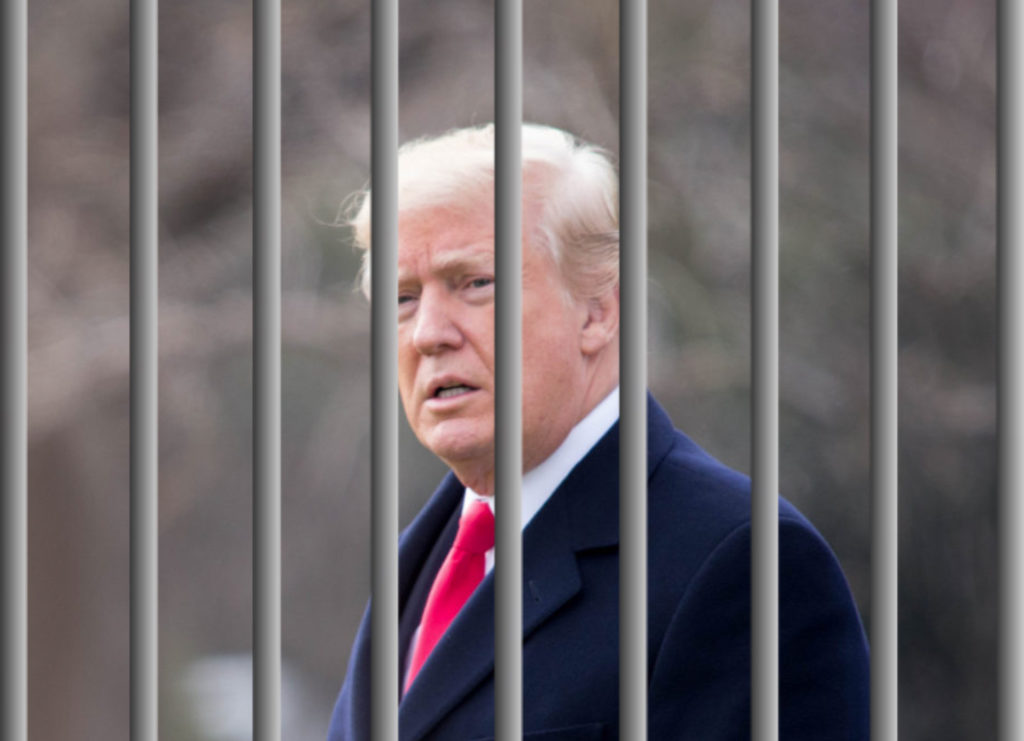The importance of the crime-fraud exception in the prosecution of Donald Trump

Remember this term: “crime-fraud exception.” I have a feeling that, in the case of the People of the United States versus Donald John Trump, you’re going to be hearing that term a lot.
What does it mean? The crime–fraud exception is an application of the law, a legal device that can render attorney-client privilege null and void when such communications are used to further a crime, tort, or fraud. In other words, when a crime is being contemplated or planned between an attorney and their client it is no longer protected as privileged speech. It must be divulged to the court.
The crime-fraud exception could turn out to be Donald Trump’s biggest legal peril, and the single element that will best serve to bring him down. What it means specifically to Trump’s case is, in the course of the commission of his many crimes, especially his theft and concealment of top secret government documents and his unlawful incitement of an insurrection intended to overthrow a free and fair election, Trump employed many lawyers. The communications between Trump and his lawyers concerning those crimes do not constitute protected speech. The crime-fraud exception is the reason.
The crime-fraud exception comes from case law, specifically Clark versus the United States. In 1933, Genevieve A. Clark was selected as a juror in a criminal trial. It turned out that Ms Clark was once gainfully employed by the defendant. During a voir dire examination she deliberately concealed that fact. As a result it was later determined that anything she said during the jury’s deliberations ceased to be privileged conversations. That removal of privilege has since been extended by case law to apply to speech between clients and their attorneys.
Under Clark, Trump’s lawyers can be used against him. Each of his lawyers will find themselves in a sticky situation. They can agree to effectively become witnesses for the prosecution or they can face potential prosecution and disbarment themselves. Given Trump’s well-known history of disloyalty to everyone who’s ever worked for him I think that will be an easy choice to make. Besides, for every lawyer who refuses to cooperate and tell the truth there will always be other lawyers lining up to do just that.
In immediate practical terms, the crime-fraud exception has been used against Donald Trump. The New York Times recently reported that one of Trump’s attorneys, Evan Corcoran, made an audio recording to himself about his experiences representing Donald Trump. Under ordinary circumstances such a recording would be protected by attorney-client privilege. But a federal judge ruled that, because Trump misled his attorney, the crime-fraud exception applies. The judge ordered the tape to be turned over to the Special Counsel Jack Smith and his federal prosecutors.
The crime-fraud exception is going to be Donald Trump’s Achilles heel. It will provide Jack Smith’s team with overwhelming evidence of Trump’s involvement in criminal conspiracies. So compelling has this evidence been thus far it has ceased to be a rhetorical question as to whether or not Mr Smith should indict Donald Trump. There can no longer be any doubt that he must. And, as ever, ladies and gentlemen, brothers and sisters, comrades and friends, stay safe.

Robert Harrington is an American expat living in Britain. He is a portrait painter.
